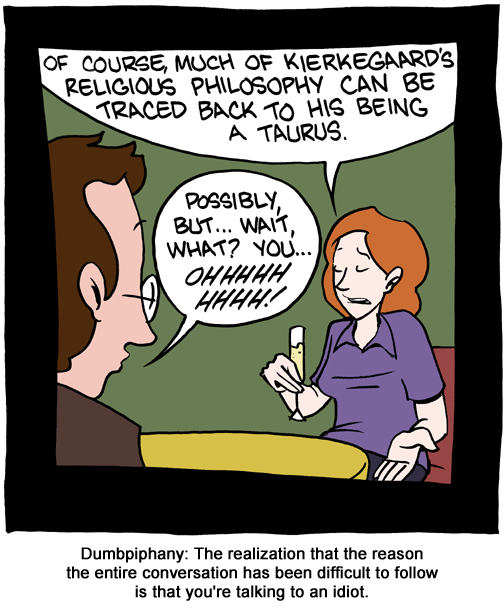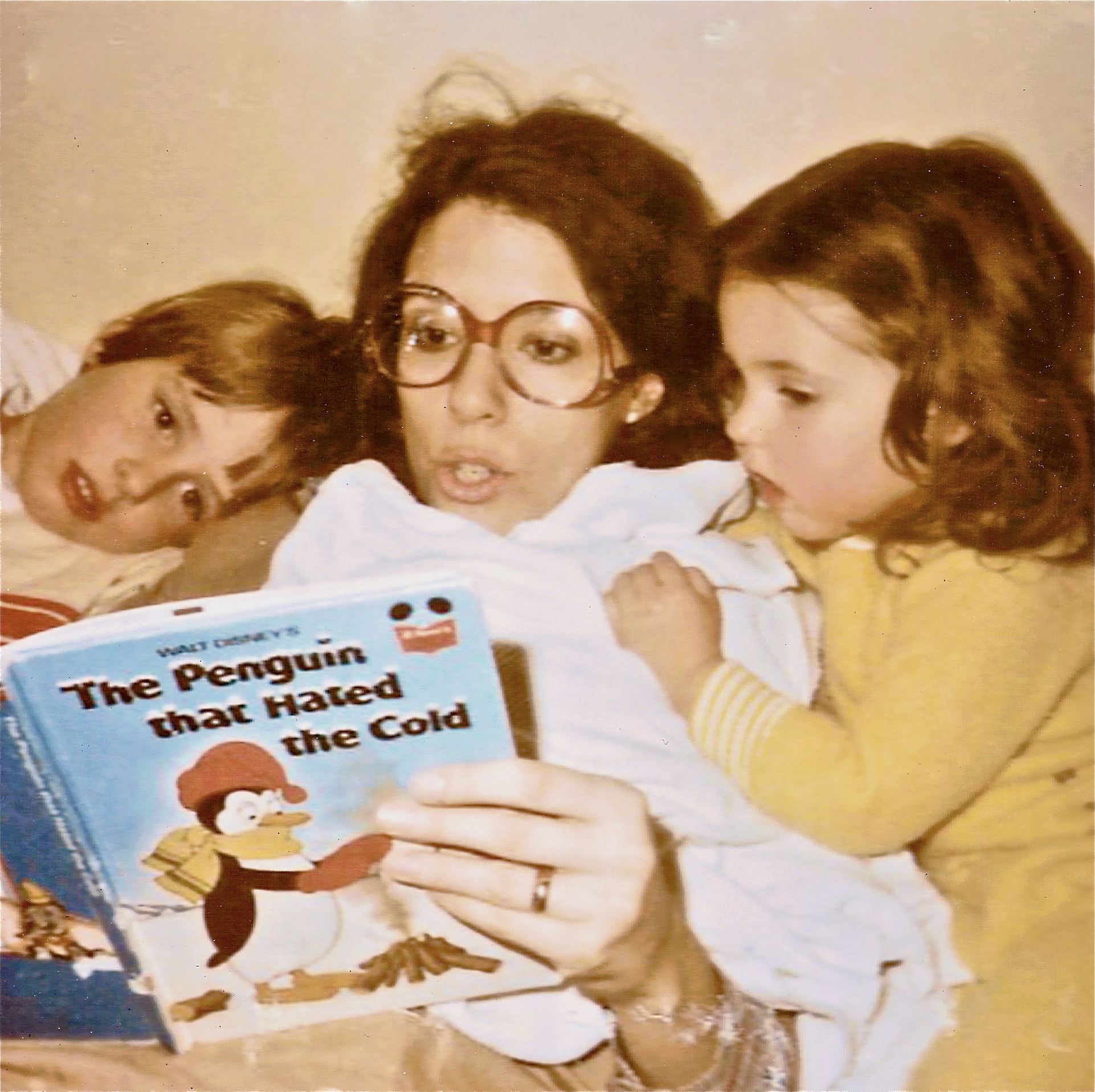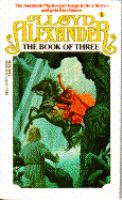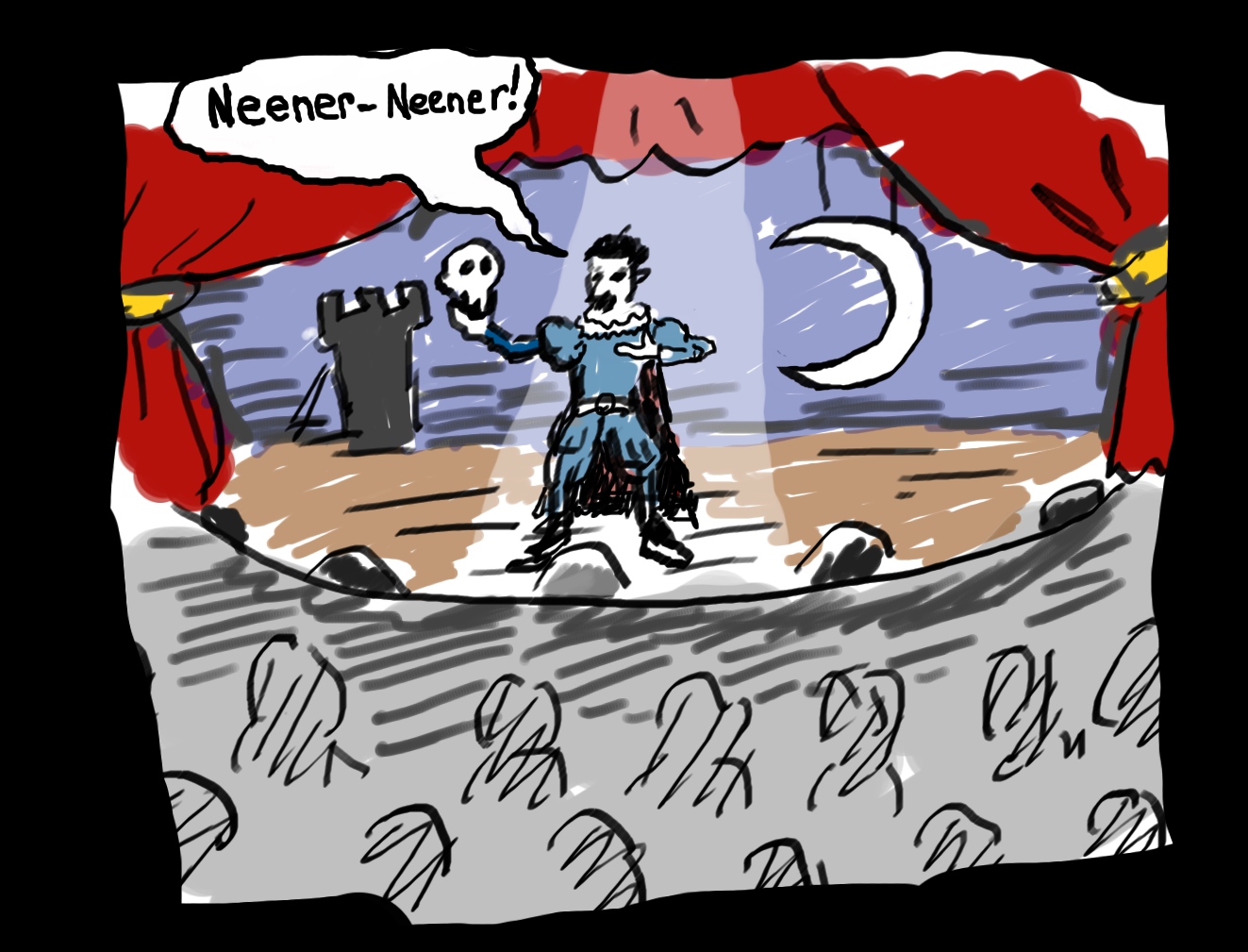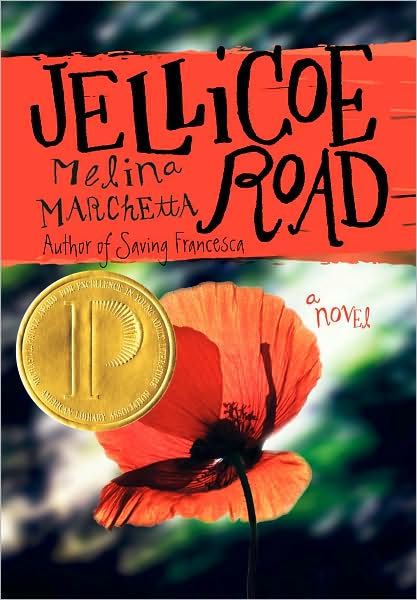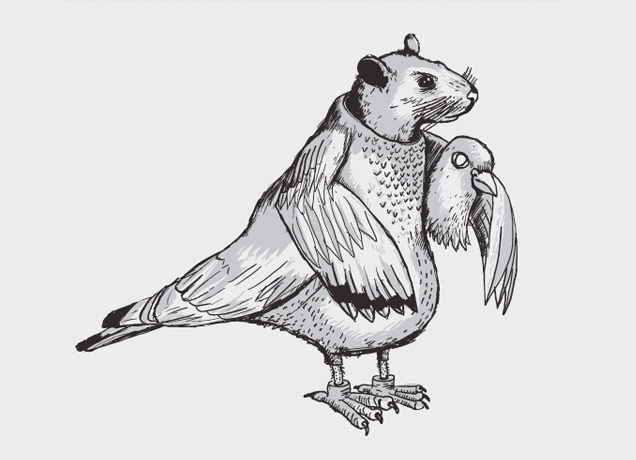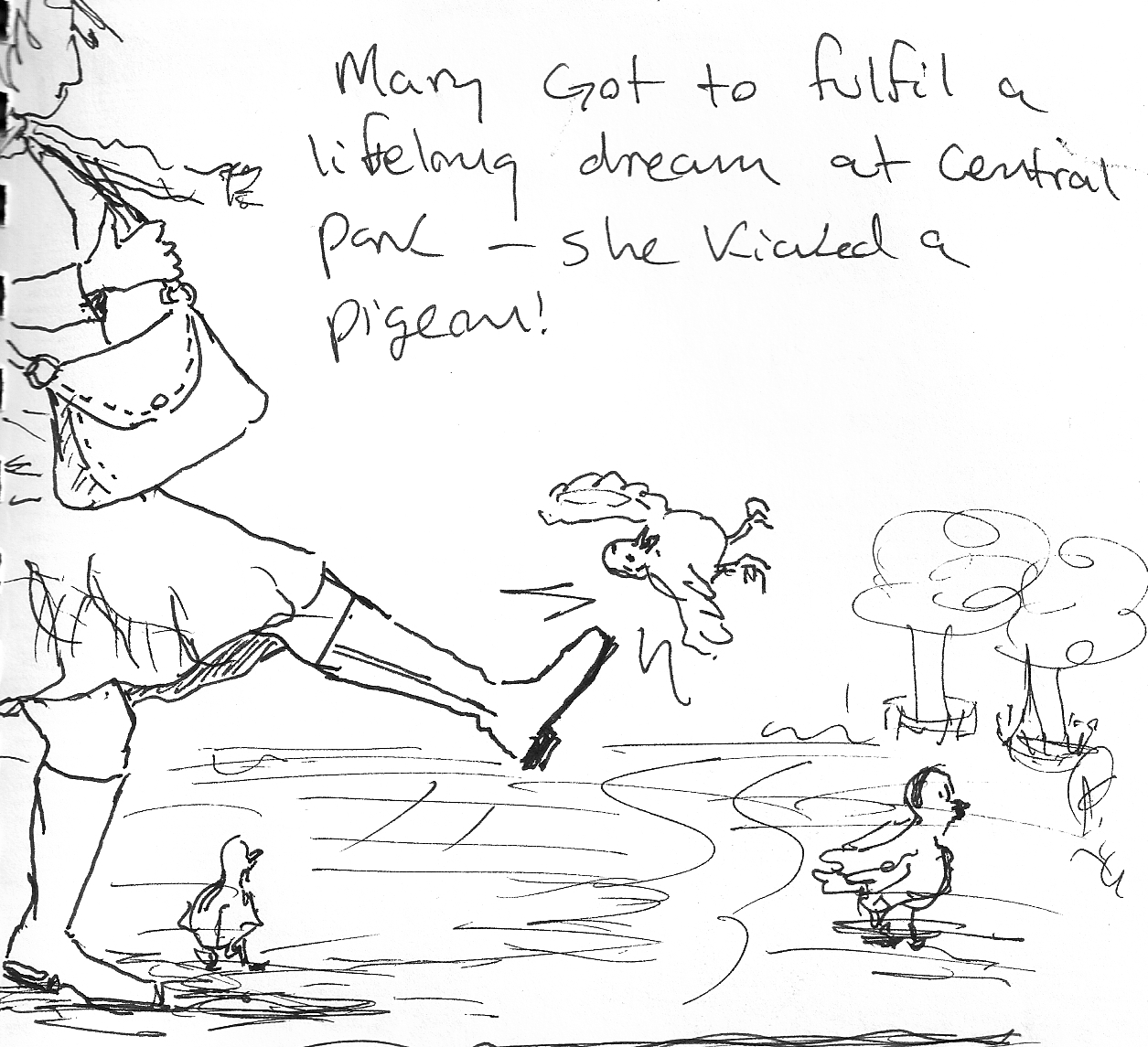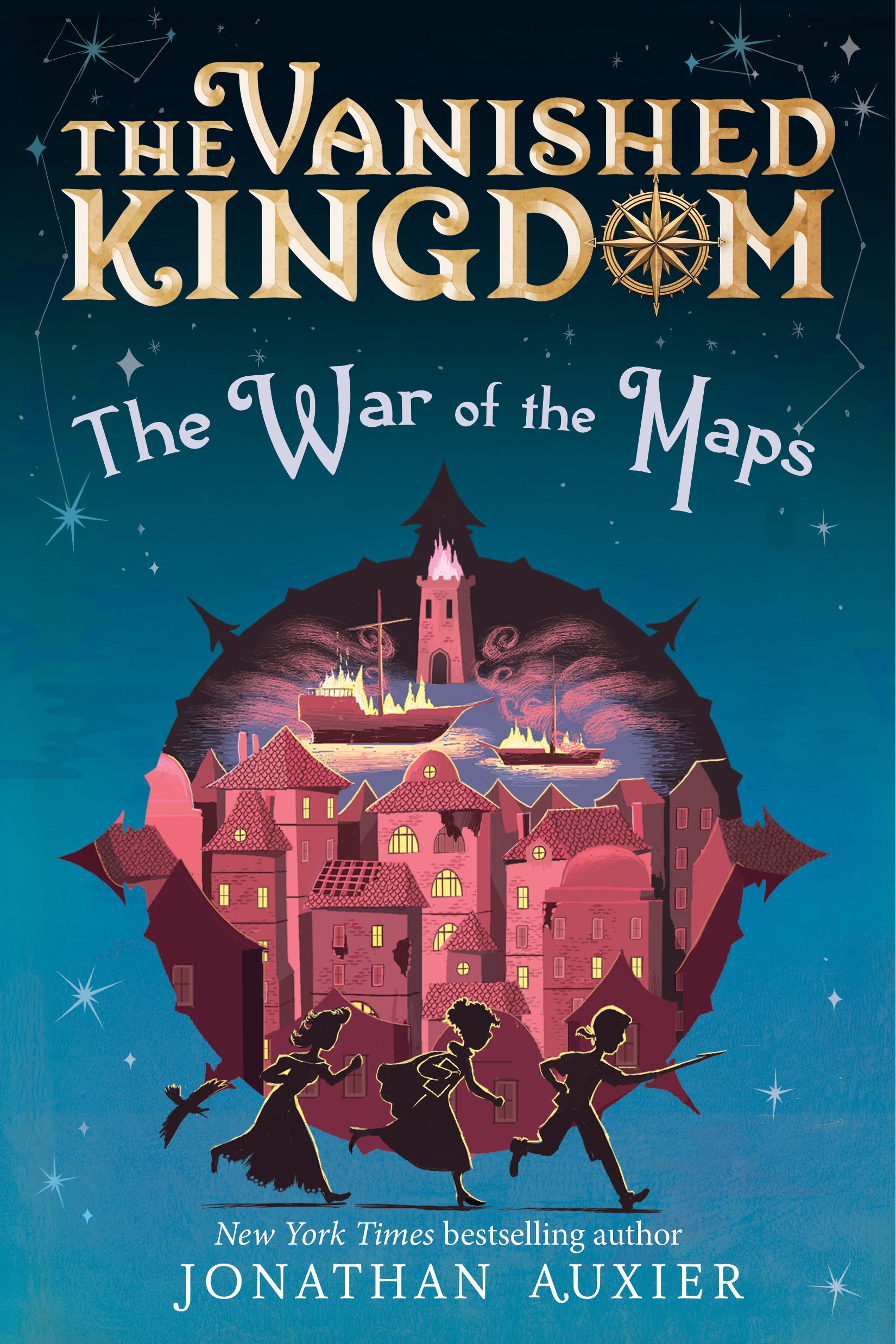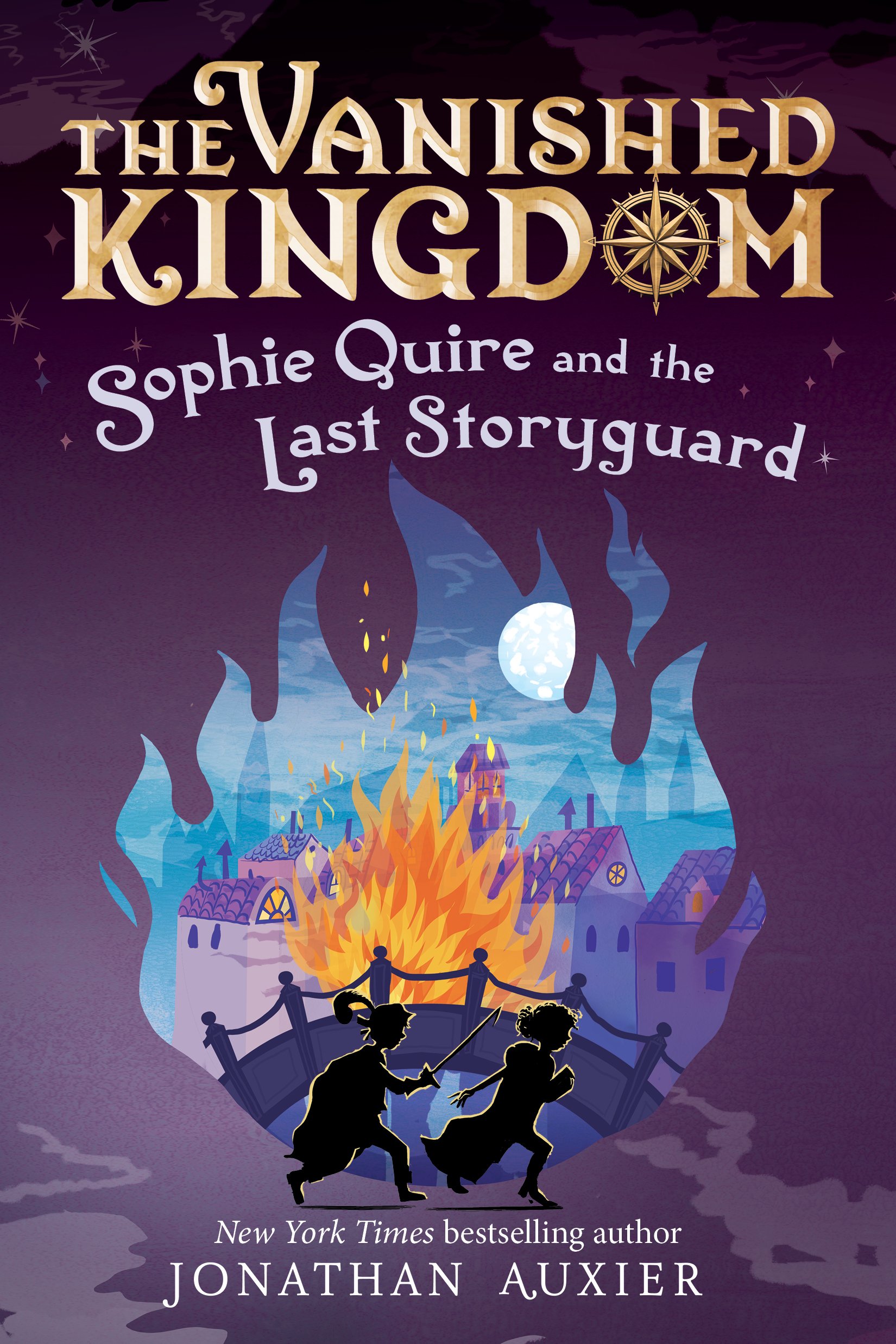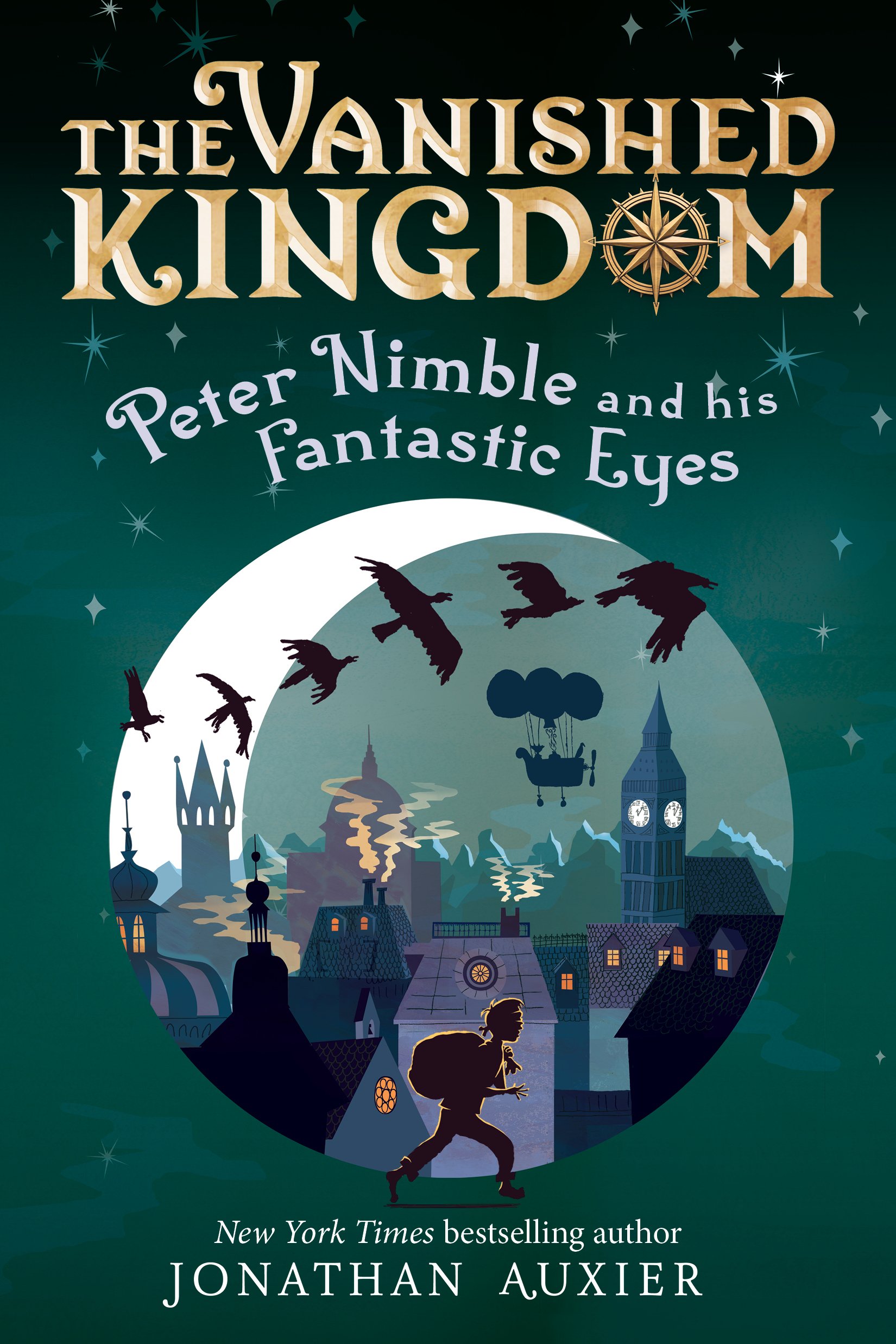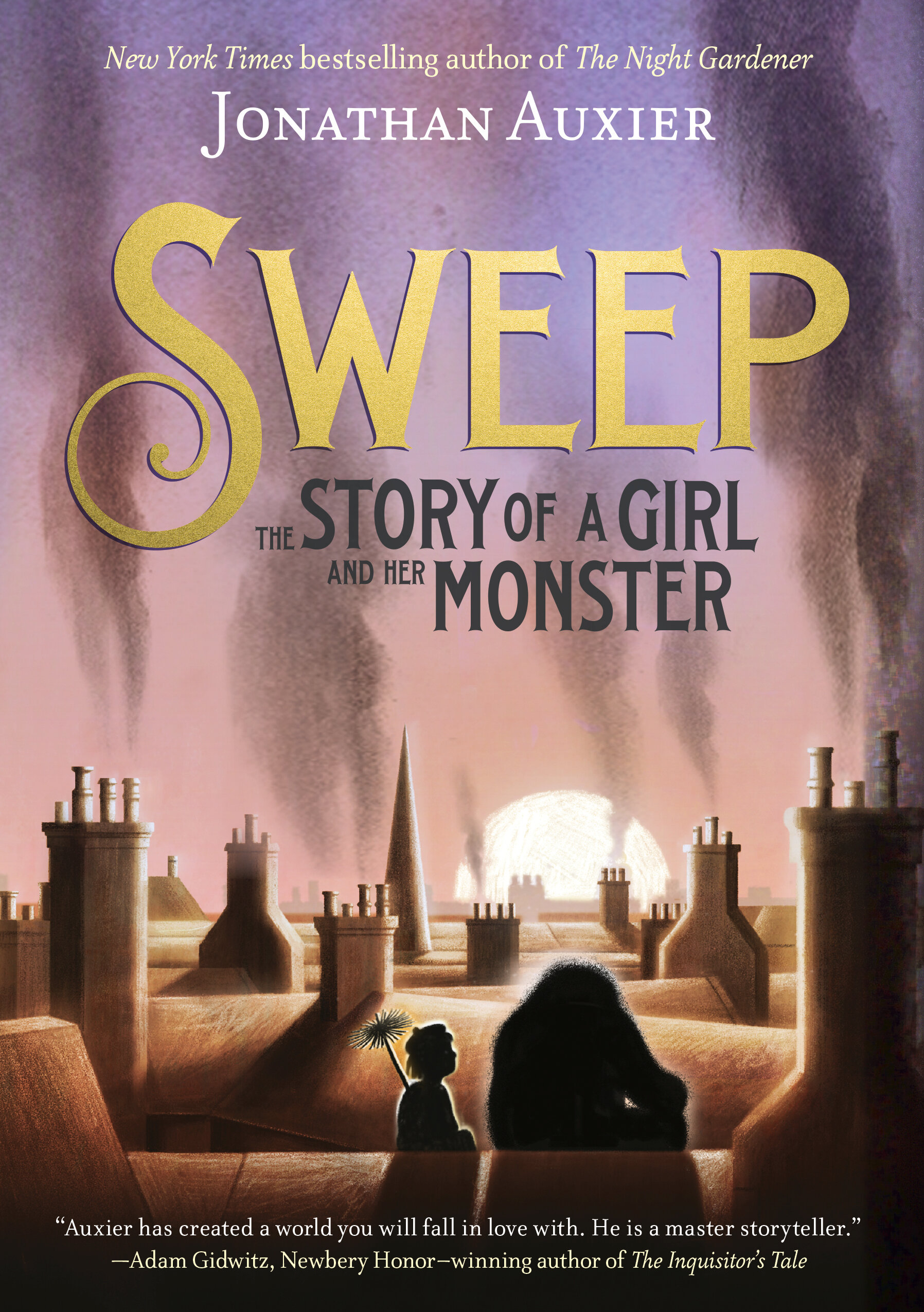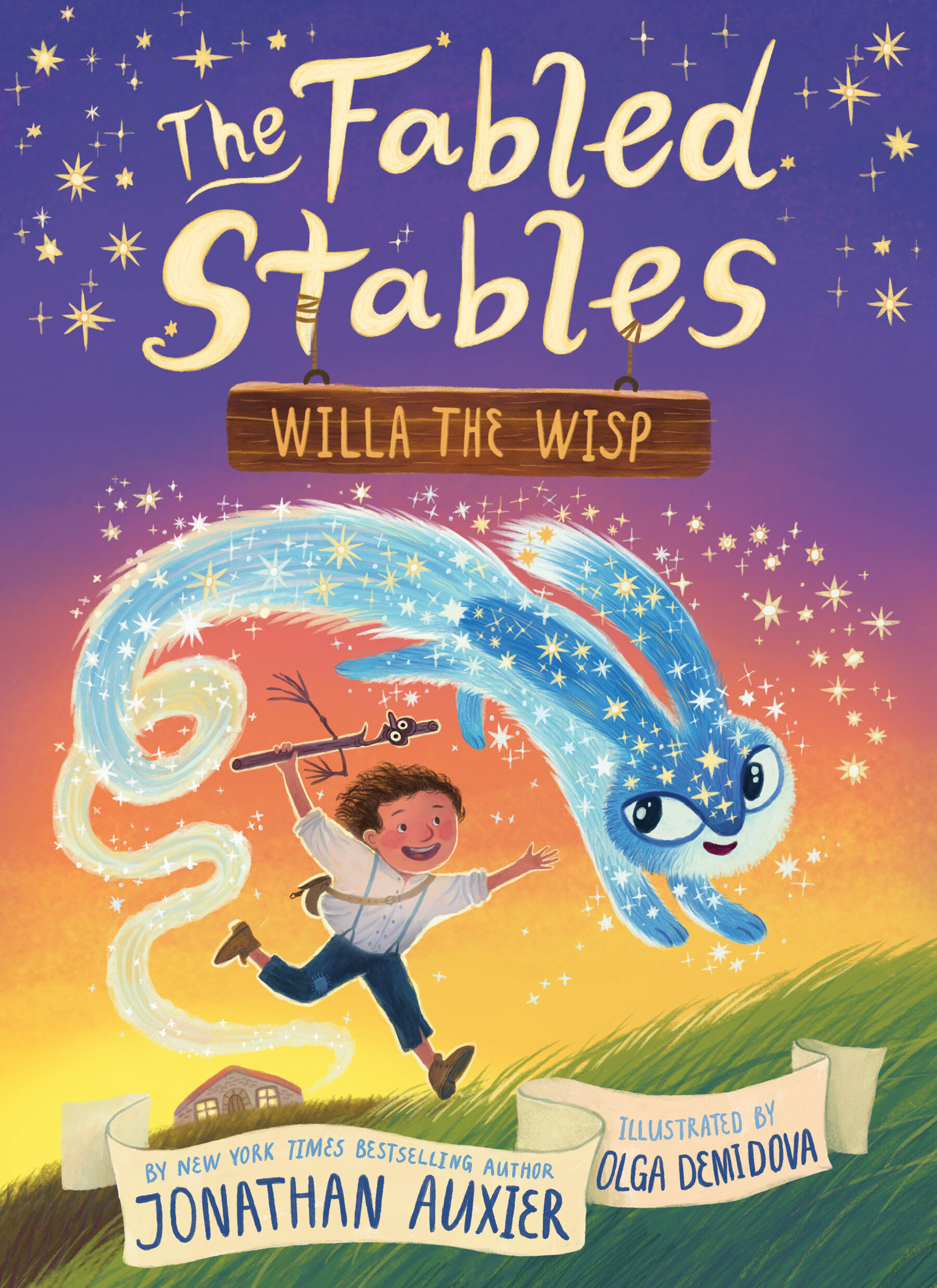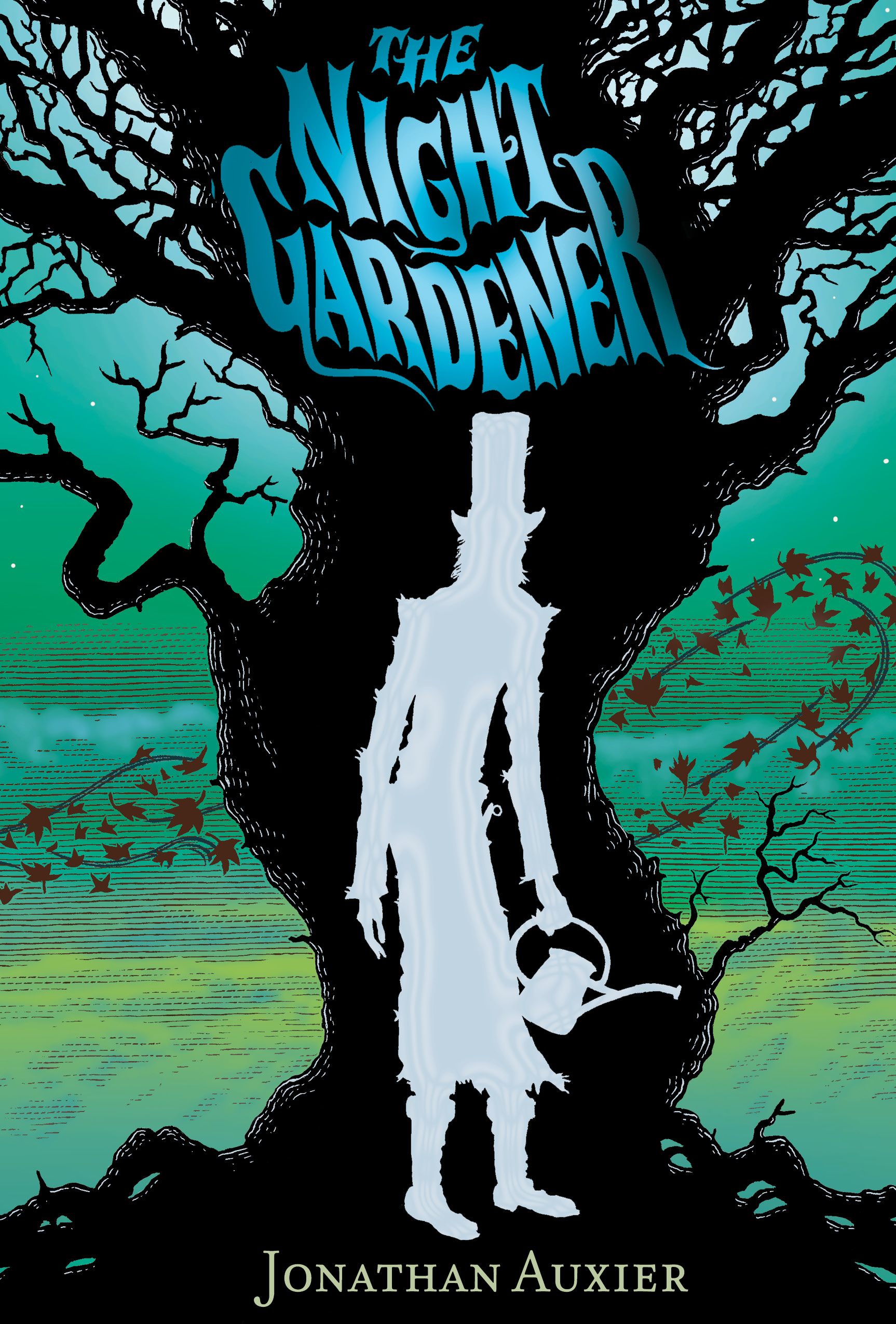One of the things that bothers me most about social media is its ephemerality.[1. Come to think of it. Ephemerality is also what bothers me about life in general.] I hate that idea that a person could spend hours crafting a witty tweet, only to have it disappear by the next day.[2. Yes, I have actually spent hours on a tweet before. What can I say? I'm a big fan of the editorial process.] And so I've decided to try out a new feature on The Scop -- a sort of roundup of things I've found on the internet each week.[3. I'm aware that a lot of blogs already do Friday Roundups, so if you don't want me to add to the noise, please let me know.] It will also be a chance for readers who subscribe to my RSS feed or only check the site once a week to see the Marginalia quotes taken from books I'm currently reading. We'll see how it goes ...
LINKS:
 First thing's first -- Saturday is National Free Comic Book Day. Yes, it's as good as it sounds -- just show up at a comic shop and they'll give you a comic. More info here. Also, kidlit podcaster Katie Davis just posted a great interview with comics veteran Barbara Slate about her new book designed to teach kids how to make comics -- it's worth a listen.
First thing's first -- Saturday is National Free Comic Book Day. Yes, it's as good as it sounds -- just show up at a comic shop and they'll give you a comic. More info here. Also, kidlit podcaster Katie Davis just posted a great interview with comics veteran Barbara Slate about her new book designed to teach kids how to make comics -- it's worth a listen.
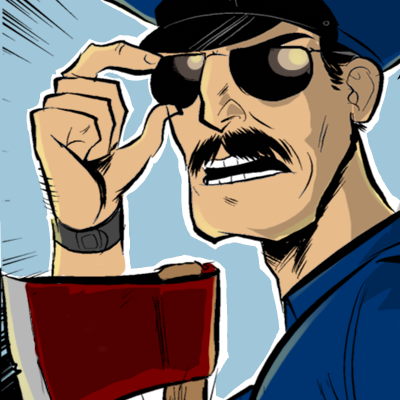 Since we're on the subject of comics, let's talk about Axe Cop. For the unitiated, Axe Cop is a brilliant webcomic in which artist Ethan Nicolle collaborates with his six year-old brother to write the ongoing adventures of a cop with an axe. It's truly amazing. Even better, there is now a cartoon version of Episode Four: The Snow Planet. Eat your heart out, Hoth.
Since we're on the subject of comics, let's talk about Axe Cop. For the unitiated, Axe Cop is a brilliant webcomic in which artist Ethan Nicolle collaborates with his six year-old brother to write the ongoing adventures of a cop with an axe. It's truly amazing. Even better, there is now a cartoon version of Episode Four: The Snow Planet. Eat your heart out, Hoth.
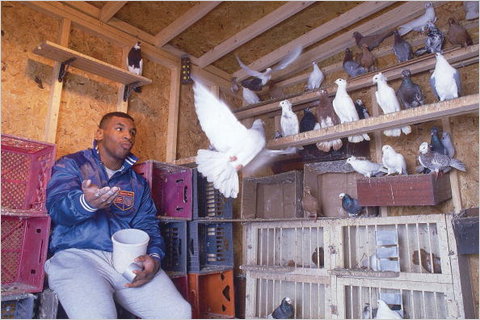 I had a lot of responses from readers about my recent post on how my wife hates pigeons. Every friend, to a person, made a point of telling me that they, too, hate pigeons. So it was a nice change of pace to see author Lisa Brown post a link to a New York Times piece written by Mike Tyson about how pigeons are great.
I had a lot of responses from readers about my recent post on how my wife hates pigeons. Every friend, to a person, made a point of telling me that they, too, hate pigeons. So it was a nice change of pace to see author Lisa Brown post a link to a New York Times piece written by Mike Tyson about how pigeons are great.
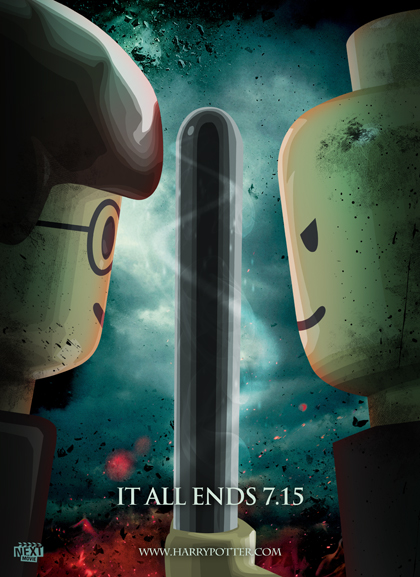 And in silly movie news. Some website re-drew all the big Summer blockbusters as Lego products. Which might be cool were it not for the fact that Lego is totally lame.
And in silly movie news. Some website re-drew all the big Summer blockbusters as Lego products. Which might be cool were it not for the fact that Lego is totally lame.
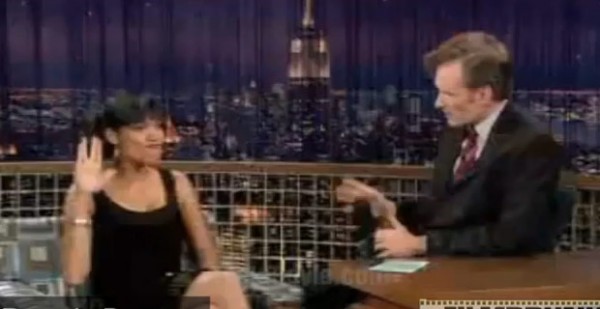 And finally, this little gem from Salon magazine, talking about the trend in which hot movie starlets fall all over themselves to declare their geek bona fides. I am embarrassed for parties on both sides of the equation.
And finally, this little gem from Salon magazine, talking about the trend in which hot movie starlets fall all over themselves to declare their geek bona fides. I am embarrassed for parties on both sides of the equation.
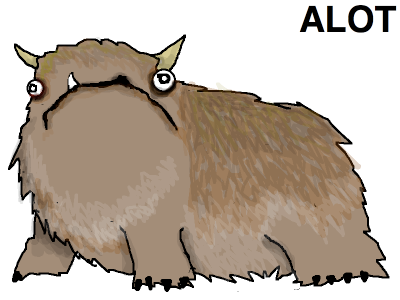 Ooh! One more thing! Cartooning genius Allie Brosh is finally writing a book. I think we can all agree that the world will be the better for it.
Ooh! One more thing! Cartooning genius Allie Brosh is finally writing a book. I think we can all agree that the world will be the better for it.
MARGINALIA:
This week, I finished posting the last of my favorite lines from Robert Cormier's The Chocolate War. This man is a much better writer than I am ...
From chapter 25: “‘That’s right,’ Jerry said, his voice small, a wrong-end-of-the-telescope kind of voice.”
“Rippled” is the perfect word: “A second chocolate followed the first. And a third followed the second. His mouth was crammed with the candy now and his throat rippled as he swallowed. ‘Delicious,’ he said.”
Talking to a crank caller: “‘Who is this?’ Jerry asked. And then the dial tone, like a fart in his ear.”
Chapter 31: “Why did the wise guys always accuse other people of being wise guys?”
Talking while jogging: “‘He got transferred,’ Jerry answered, squeezing the words out of himself like toothpaste from a tube. He was in good shape because of football but he wasn’t a runner and didn’t know the tricks.”
The book's central question: “The poster showed a wide expanse of beach, a sweep of sky with a lone star glittering far away. A man walked on the beach, a small solitary figure in all the immensity. At the bottom of the poster, these words appeared — Do I dare disturb the universe? By Eliot, who write the Waste Land thing they were studying in English.”
To see more Chocolate War quotes (or quotes from any other books I read), check out the marginalia section here. Next week I'll be posting favorite lines from Adam Gidwitz's A Tale Dark & Grimm. Have a good weekend -- may you all succeed in disturbing your respective universes.



